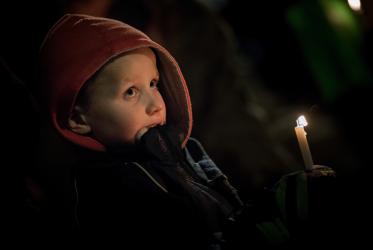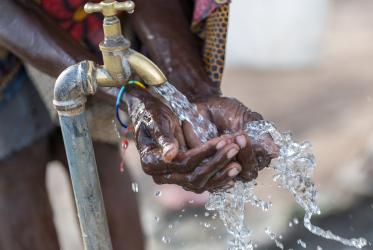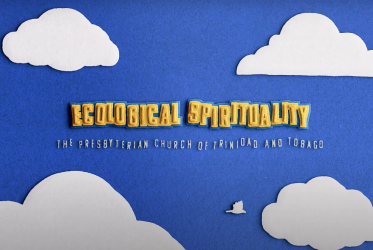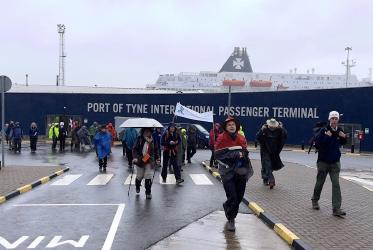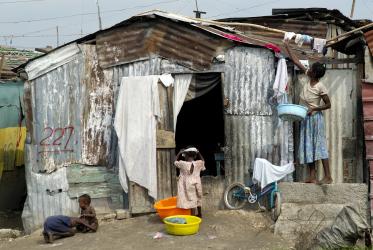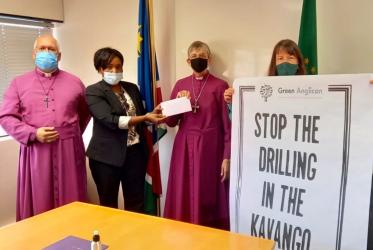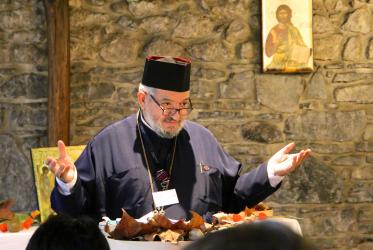Displaying 1 - 20 of 163
Protecting Ethiopia’s church forests
27 October 2021
South Sudanese Churches shelter populations displaced by floods
23 September 2021
“Gathering in Grief” mourns Rev. Phumzile Mabizela
07 July 2021

